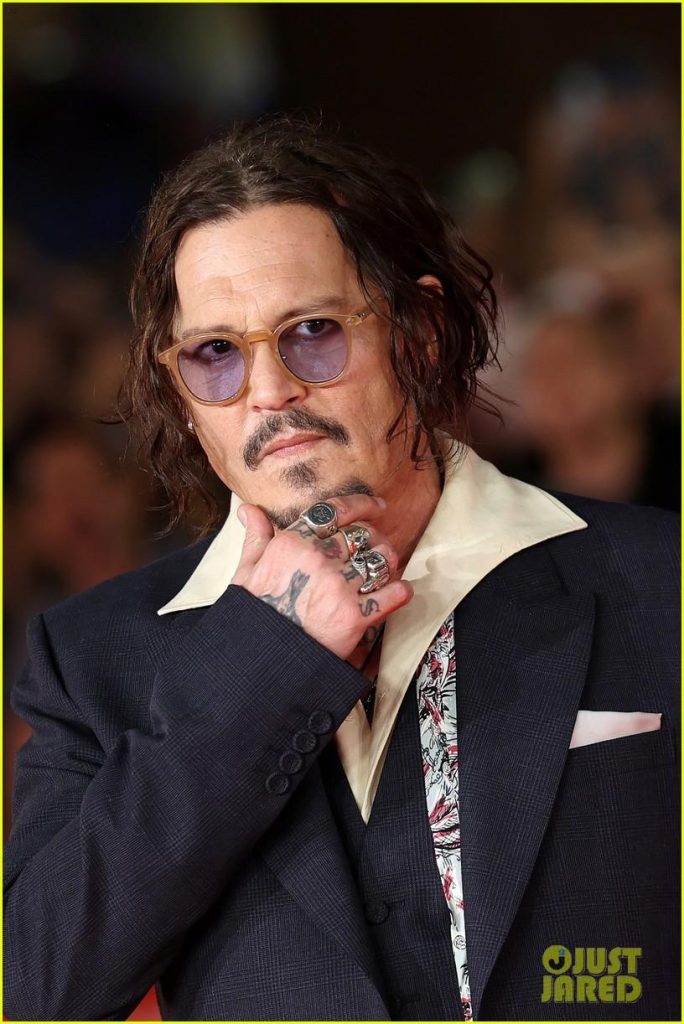In the labyrinthine world of Hollywood, where lights dazzle and stories unfold, Joaquin Phoenix stands as a master craftsman, known for his transformative performances that blur the line between actor and character. His method acting, a technique that demands an intense immersion into roles, has garnered critical acclaim and captivated audiences worldwide. Yet, beneath the accolades and standing ovations lies a pressing question: can such a profound commitment to embodying another persona take a toll on one’s health? As we delve into the enigmatic realm of Phoenix’s artistry, we explore the potential repercussions of his immersive approach, balancing the fine line between creative brilliance and personal well-being.
Exploring the Physical and Psychological Demands of Joaquin Phoenixs Method Acting
Joaquin Phoenix, known for his transformative roles, often delves deeply into the psyche and physicality of his characters, employing the intense technique of method acting. This approach demands more than just memorizing lines; it requires a full immersion into the character’s world, sometimes at the expense of the actor’s own well-being. Physically, this can manifest as dramatic weight changes, altered sleep patterns, and the neglect of personal health to better inhabit a role. For example, his portrayal of Arthur Fleck in “Joker” required him to lose a significant amount of weight, which posed potential risks to his physical health.
Psychologically, method acting can blur the lines between an actor’s identity and the character they are portraying. This immersion can lead to increased stress levels, emotional exhaustion, and difficulty detaching from intense roles once filming concludes. Some actors find it challenging to return to their baseline emotional state, which can impact their mental health. The following are common demands faced by method actors like Phoenix:
- Emotional Vulnerability: Opening oneself up to the character’s emotional experiences can be both enlightening and draining.
- Isolation: Often, actors may isolate themselves to maintain character integrity, which can lead to feelings of loneliness.
- Physical Transformation: Drastic changes in appearance or physical health can have lasting effects.
- Identity Confusion: Prolonged periods in character can cause challenges in separating one’s true self from the role.
While method acting can lead to powerful performances, it’s crucial to consider the potential impact on the actor’s overall health, balancing the demands of the craft with personal well-being.

The Impact of Immersive Roles on Long-Term Well-being
Immersive roles, often associated with method acting, can have profound effects on an actor’s long-term well-being. This approach, popularized by actors like Joaquin Phoenix, involves deep psychological and physical immersion into a character, sometimes blurring the lines between reality and performance. While this can lead to breathtaking portrayals, it also raises questions about the impact on an actor’s mental and physical health.
- Psychological Strain: Adopting a character’s mindset can lead to emotional exhaustion, where actors struggle to detach from their roles after filming ends. This continuous immersion can create stress and anxiety, affecting their mental health over time.
- Physical Transformation: Method acting often requires significant changes to an actor’s physical appearance. Rapid weight loss or gain, as seen in some of Phoenix’s roles, can strain the body and lead to long-term health issues.
- Social Isolation: The intense focus on maintaining character authenticity can sometimes lead actors to isolate themselves from their personal lives, affecting relationships and social well-being.
While method acting can bring depth and authenticity to a performance, it’s crucial for actors to find balance and ensure their well-being isn’t compromised in the pursuit of their art.

Balancing Art and Health: Strategies for Safe Method Acting
In the realm of method acting, where the lines between character and actor often blur, maintaining a balance between art and health is crucial. For actors like Joaquin Phoenix, who fully immerse themselves into their roles, this balance can be precarious. To ensure safety, actors can adopt several strategies:
- Professional Guidance: Collaborating with nutritionists and mental health professionals can help actors manage physical and emotional changes safely.
- Setting Boundaries: Clearly defined boundaries between personal life and character can prevent the emotional spillover that often accompanies deep method acting.
- Regular Health Check-ups: Continuous monitoring of health parameters can alert actors to any adverse effects early on, allowing for timely interventions.
By integrating these strategies, actors can pursue their craft with passion while safeguarding their well-being, creating a harmonious balance between the demands of their art and the imperatives of their health.

Expert Recommendations for Actors Engaging in Intense Role Preparation
In the pursuit of authenticity, actors often immerse themselves deeply into their characters, a process that can be both exhilarating and exhausting. To navigate this intense journey safely, experts recommend several strategies. Firstly, maintaining a balance between the character’s world and one’s own reality is crucial. Mindfulness practices such as meditation or yoga can help actors stay grounded.
- Set clear boundaries: Define the extent to which you will engage with the character’s experiences and emotions.
- Engage in regular self-reflection: Journaling or talking with a therapist can help in processing the psychological effects of intense roles.
- Prioritize physical health: Ensure a nutritious diet and adequate sleep to counteract the physical demands of method acting.
Additionally, support from peers and mentors can provide a safety net, offering insights and advice drawn from their own experiences. By incorporating these expert recommendations, actors can immerse themselves in their roles without compromising their well-being.









